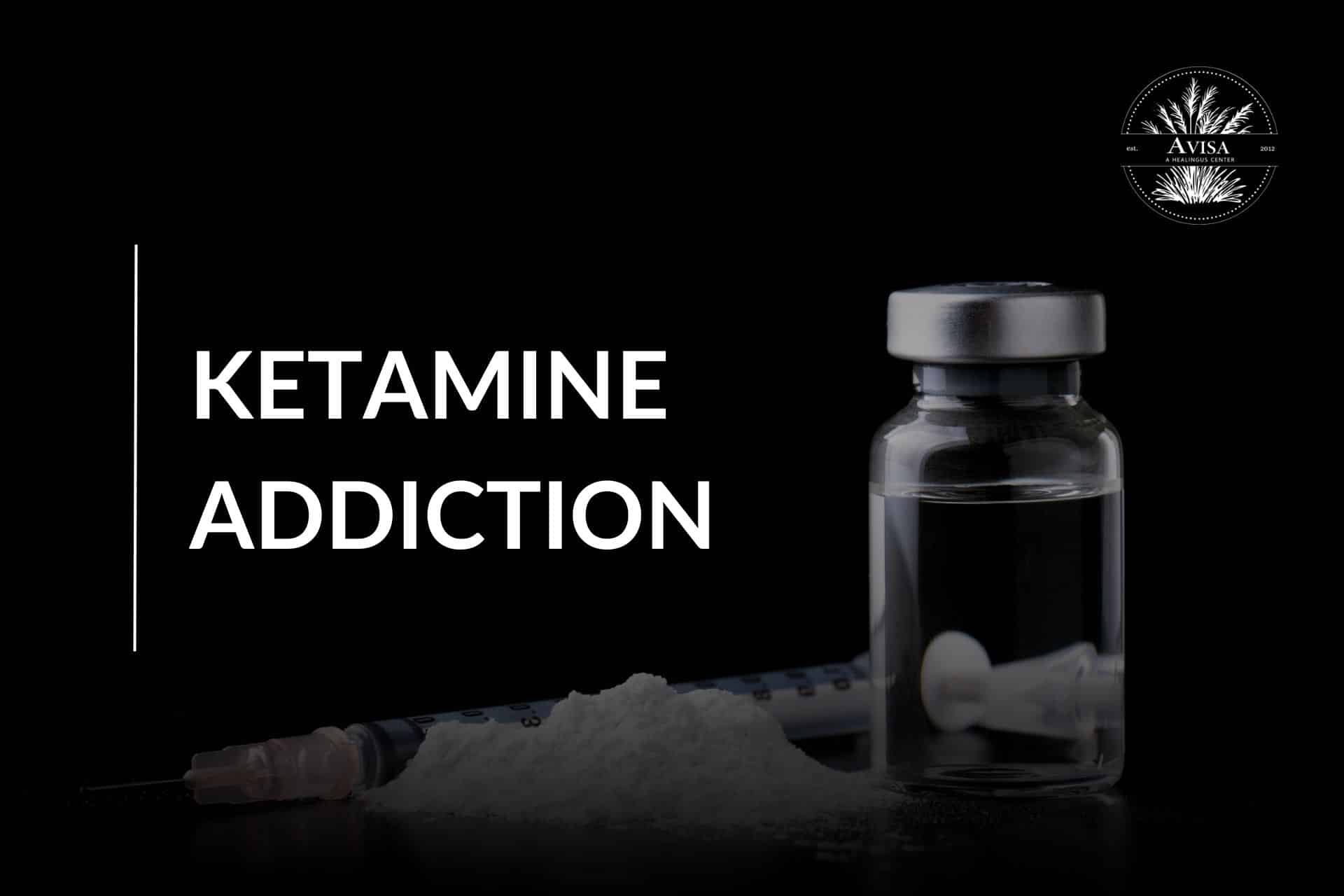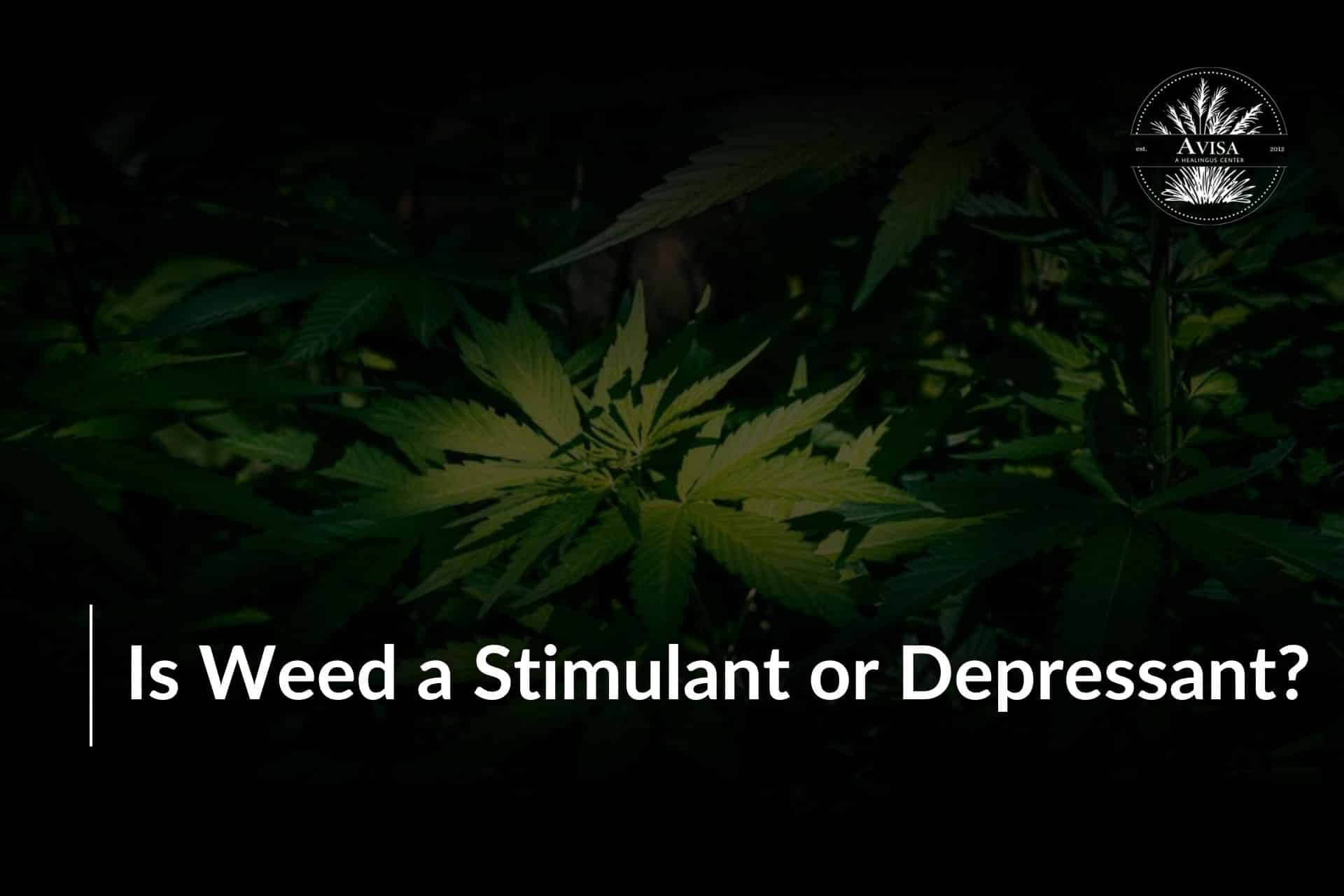Motivational therapy techniques are an important element of modern therapeutic practices that facilitate the development and facilitation. These range from motivational interviewing to enhancement therapies. The overall aim is to offer a supportive structure that lets people overcome difficulties and access their innate motivation so they can make lasting and purposeful changes in his or her lives.
So, motivational interviewing is one of the main principles that most people believe are included in motivational therapy – this practice means a special conversation between a person and his psychologist. It should be collaborative and empathetic. Through this responsive process, therapists seek to stimulate and boost an individual’s impetus for change. This approach is especially good at dealing with ambivalence and resistance, helping people to develop a more profound understanding of their dreams and how they can be realized.
A recent meta-analysis found that motivational therapy techniques consistently produce positive significant effects across a range of populations. The analysis emphasizes a strong evidence base to support these treatments being effective.
Under the motivational therapy umbrella, enhancement therapies are designed to enhance positive attributes within an individual’s life. These strategies focus on the identification and accentuation of personal strengths, skills, and capabilities. By focusing on and promoting those positive attributes recovery therapies strengthen an individual’s self-efficacy helping them to create a sense of competence and confidence for initiating sustainable behavioral transformation changes.
Understanding Motivational Therapy Techniques
Motivational therapy techniques are based on the premise that people have the inner ability to change and grow. Motivational therapy techniques focus primarily on probing, comprehending, and accentuating an individual’s very own motivations for change. These techniques that address a person’s ambivalence and resistance in non-confrontational ways help forge a collaborative, empowering relationship between the therapist and the individual.
Role Of Motivational Interviewing
Motivational interviewing is an individual-centered counseling intervention created to encourage and enhance motivation for change. Through empathic and reflective listening, therapists help folks examine their ambiguity and clarify doubts they have about making changes.
Enhancement Therapies: Amplifying Intrinsic Motivation
Enhancement therapies including Motivational Enhancement Therapy (MET) are designed as personal interventions that increase an individual’s desire to change. Enhancement therapies make use of motivational therapy procedures that aim at developing an individual’s current strengths and aspirations to build self-efficacy and empower people toward change.
A review of clinical trials in the Journal of Psychotherapy Integration found that Motivational Interviewing is an effective intervention when combined with Cognitive-Behavioral Therapy. Combined the method is a powerful therapeutic tool that targets not only motivation but also addresses cognitive restructuring for long-lasting behavioral changes.
The Evidence Behind Motivational Therapy Techniques
Studies have shown that motivational interviewing is effective in addressing various behavioral issues such as substance abuse, weight management, and mental health problems. In addition, improvement therapies have proved effective in giving support to individuals across all levels of behavior change.
Key Components Of Motivational Interviewing

Motivational interviewing, coined by psychologists William R. Miller and Stephen Rollnick, comprises four fundamental principles: expressing empathy, self-efficacy, rolling with resistance, and developing discrepancy. Research from the National Institute on Drug Abuse shows that Motivational Interviewing has been effective in addressing many behavior issues, indicating successful results in substance abuse treatment, weight management, and mental health challenges. These principles of motivational interviewing enable the creation of a non-adversarial and collaborative environment in which people can freely discuss their goals and concerns.
Let’s take a look at them.
Express Empathy
The goal of this principle is to make the client feel heard and understood. For this, the therapists try to see the world through the client’s eyes.
Self-efficacy
It involves focusing on a client’s previous successes and making him feel capable of achieving them again. The goal is to make the clients feel that they have within themselves the capabilities to change successfully.
Rolling With Resistance
It involves sidestepping confrontation with the client when faced with resistance. Instead, the approach is to steer clear of negative interactions and assist the client in recognizing their solutions.
Develop Discrepancy
Creating a gap between where someone is now and where they want to go involves looking at the differences between their current situation and future goals, considering their values and behaviors.
Techniques In Motivational Interviewing
Motivational interviewing involves empathetic counseling to facilitate motivation for good change. In this discussion, we will discuss critical MI techniques like collaborative conversations and ambivalence resolution that assist people in various areas.
Open-ended Questions
Open-ended questioning is a cornerstone of MI and contributes to meaningful conversations. By prompting people to share openly about themselves, therapists get access to their thoughts and desires.
Reflective Listening
Reflective listening means paraphrasing and summarizing the client’s words. This technique is not only a manifestation of empathy but also allows people to listen to hear their thoughts spoken out loud, so stimulating the reflection on oneself.
Affirmations
Affirmations concern the acknowledgment and support of a person’s virtues as well as positive traits. This technique increases self-confidence and self-esteem, creating an aura of capability.
Eliciting Change Talk
Motivational interviewing has the goal of eliciting “change talk” – that is, statements of willingness or desire, ability, and reason for change. Therapists strive to trigger and make such statements louder during sessions.
Enhancement Therapies: A Complementary Approach
While MI helps to resolve ambivalence and increase motivation, Enhancement therapies provide a complementing approach by focusing on specific areas for improvement. Depending on whether they are improving coping skills, social support, or self-esteem, these therapies offer specific treatments for overall growth.
Motivational interviewing shows adaptability in all ages according to a comprehensive study by the Substance Abuse and Mental Health Services Administration. Facing teenagers in their battle against substance abuse or adults managing mental health issues, the strategy works if it’s adjusted to each person based on age and special requirements.
Types of Enhancement Therapies
Enhancement therapies represent a broad array of interventions focused on improving different aspects of human functioning and well-being. These therapies aim for improvement and peak potential in various areas of life –from cognitive enhancement to physical performance. In this journey, we will look into some major types of performance improvement treatments to find out how they raise cognitive powers, strengthen emotional stability, and improve overall well-being.
Let us dive into the diverse world of improvement therapies that play a significant role in nurturing personal development and resilience.
1. Cognitive-behavioral therapy (CBT)
Combining MI with CBT thus creates an effective duo that not only tackles the aspect of motivation but also cognitive restructuring to produce long-standing behavior changes.
2. Mindfulness-Based Interventions
Integrating mindfulness strategies improves self-awareness, decreases impulsive actions, and increases the focus of thoughts.
3. Positive Psychology Interventions
By focusing on strengths, positive psychology interventions are consistent with MI principles and increase the motivating forces for change.
Stages Of Change In Motivational Interviewing

Motivational interviewing is usually framed by the Transtheoretical Model of Change which recognizes the different stages individuals travel through when they consider behavioral transformation. These stages are:
1. Precontemplation
People are not yet in the process of thinking about change. Or they may not feel the need for change at all, or be resistant to it. MI techniques pay attention to the identification of needs, awareness, and clarification of ambivalence and change potentials.
2. Contemplation
During the reflection stage, people understand that change is necessary but have hesitations about taking action. MI deals with the pros and cons of change, concerns regarding it, and understanding the importance of individuals in deciding to alter something.
3. Preparation
Individuals in the preparation stage are actively considering change and may be starting to take steps. MI methods are aimed at creating a well-structured plan, defining realistic objectives, and the ways to overcome possible challenges.
4. Action
This stage involves individuals instigating changes to their behavior. MI helps people stay motivated, overcome obstacles, and enjoy victories.
5. Maintenance
In the maintenance stage, people work to preserve the alterations they have made. MI facilitates the development of resilience and, the ability to confront challenges and strengthen the benefits associated with a new set of behaviors.
6. Termination
Although not expressed in every interpretation of the model, termination is identified as a place where integration is accomplished and new behaviors become regularities.
Understanding these stages enables MI-oriented therapists to personalize their approach depending on the individual’s current level of readiness.
A survey by the American Psychological Association indicates that there is a growing trend regarding the use of enhancement therapies such as motivational enhancement therapy (MET). This shows that individually tailored interventions are becoming increasingly recognized for their effectiveness in nurturing intrinsic motivation.
FAQs
1. How is motivational interviewing different from other therapeutic approaches?
Motivational interviewing contrasts with standard treatments in giving greater emphasis to cooperation, evocation and autonomy. The aim of motivational interviewing is not to give directions or use persuasion for people on how they are going to change but rather to encourage the individuals’ intrinsic motivation and enable them to make their choices regarding change.
2. How can I incorporate motivational therapy techniques into my professional practice?
Supplementing your professional practice with motivational therapy techniques means developing compassionate and cooperative communication skills, hearing individuals’ motives and issues out of curiosity without judgment, along promoting an atmosphere that encourages self-discovery through empathetic understanding.
3. How long does it typically take to see results with motivational therapy techniques?
Seeing results differs among people at the same time. Some of them may see positive results after a few sessions but others might take more time. However, consistency and active participation in the therapy process contribute to valuable results.
4. Can motivational interviewing be applied to different age groups?
Yes, motivational interviewing has been found applicable in all age groups from teenagers who are survivors of substance abuse problems to adults going through mental health-related issues. The key is to adapt the approach according to the individual’s developmental stage and unique needs.
5. Are enhancement therapies suitable for everyone?
Improvement therapies tend to cater to different individuals looking forward to personal growth. However, it depends on the individual’s specific goals and the type of challenges they are dealing with.
Conclusion
Motivational therapy techniques, such as motivational interviewing and enhancement therapies constitute a powerful structure that can help individuals turn towards positive and lasting change. Such methodologies promote empathy, collaboration and respect for individual autonomy in creating a context where the exploration of intrinsic motivations can take place. These collaborative techniques encourage shared responsibility; however, the drive towards autonomy emboldens those involved to take an active part in their transformational process.
In addition to immediate behavioral changes, motivational therapy techniques help one achieve overall well-being because they also deal with the root of motivation. This approach is useful in making lasting positive changes in people’s lives. These principles can be used by professionals in various professions to help individuals achieve transformative journeys, promoting overall well-being and lasting positive change.
In other words, motivational therapy techniques have a deeper meaning than superficial treatment as they promote the understanding of oneself and open up for lasting positive changes. By implementing these principles, professionals are instrumental in helping people on their journey towards a more satisfying and powerful life.
With Avisa Recovery, you can begin your journey toward recovery. We offer specialized care, cutting-edge medical treatment, and a solid support system that is there for you whenever you need it. Our team of experts guarantees long-term success in your recovery through treatment for patients with substance use disorders, holistic therapies, and mental health programs.











